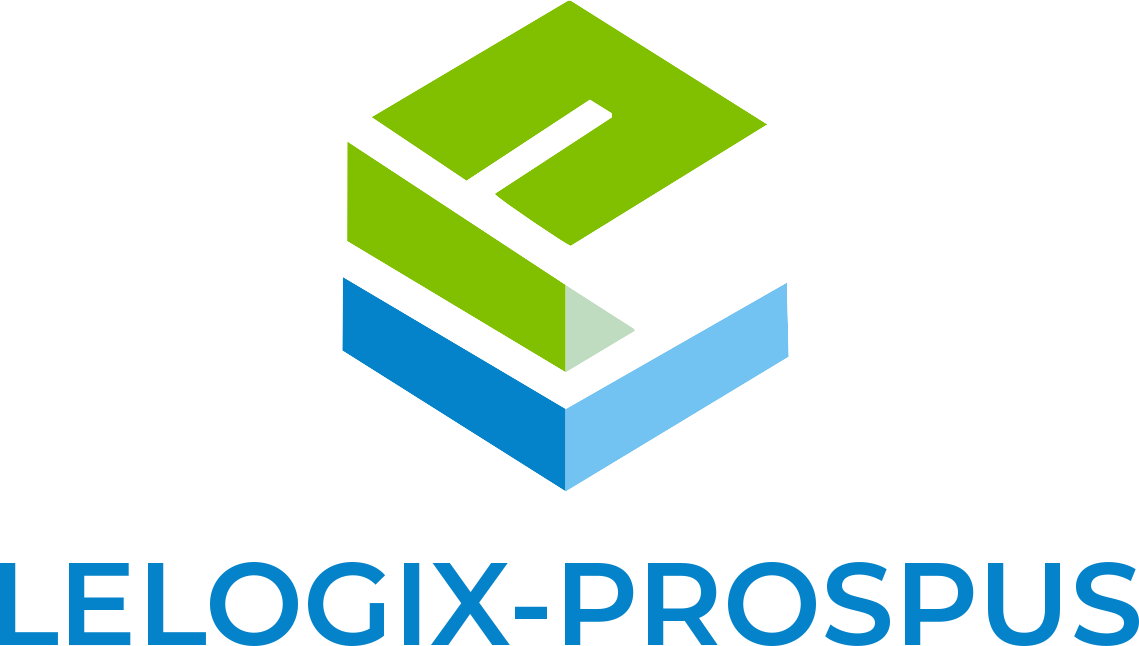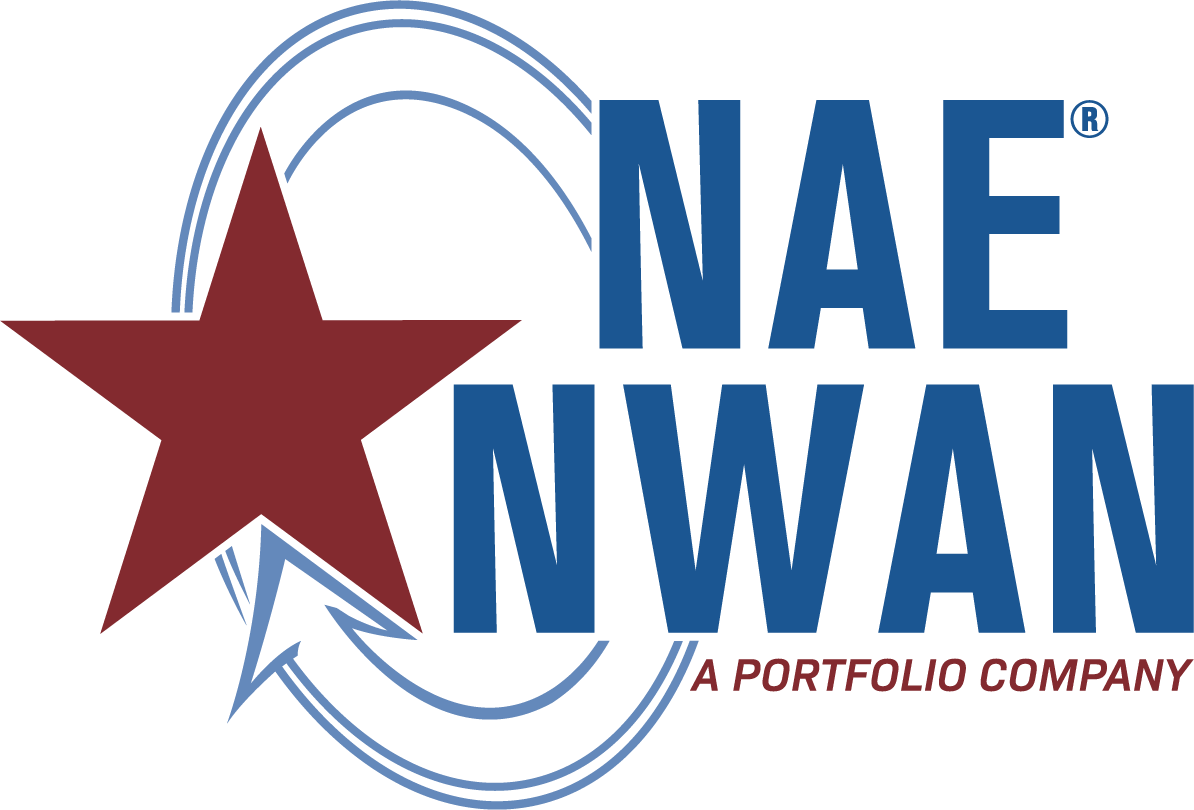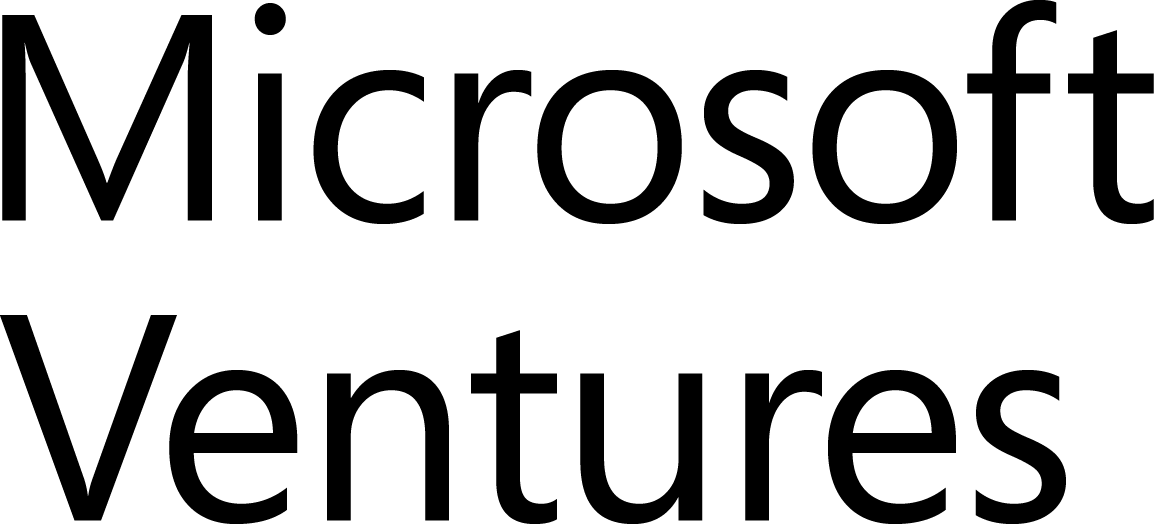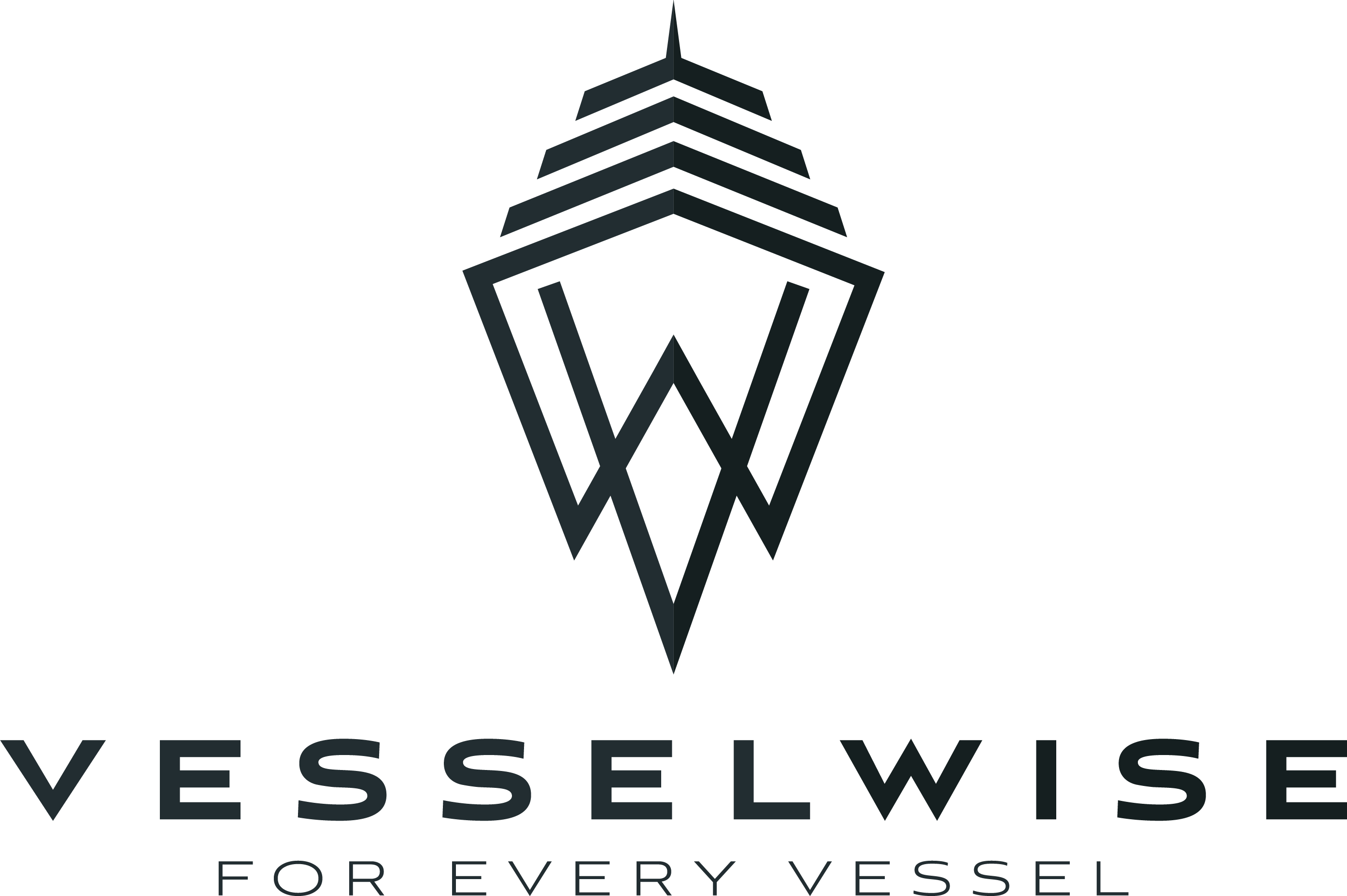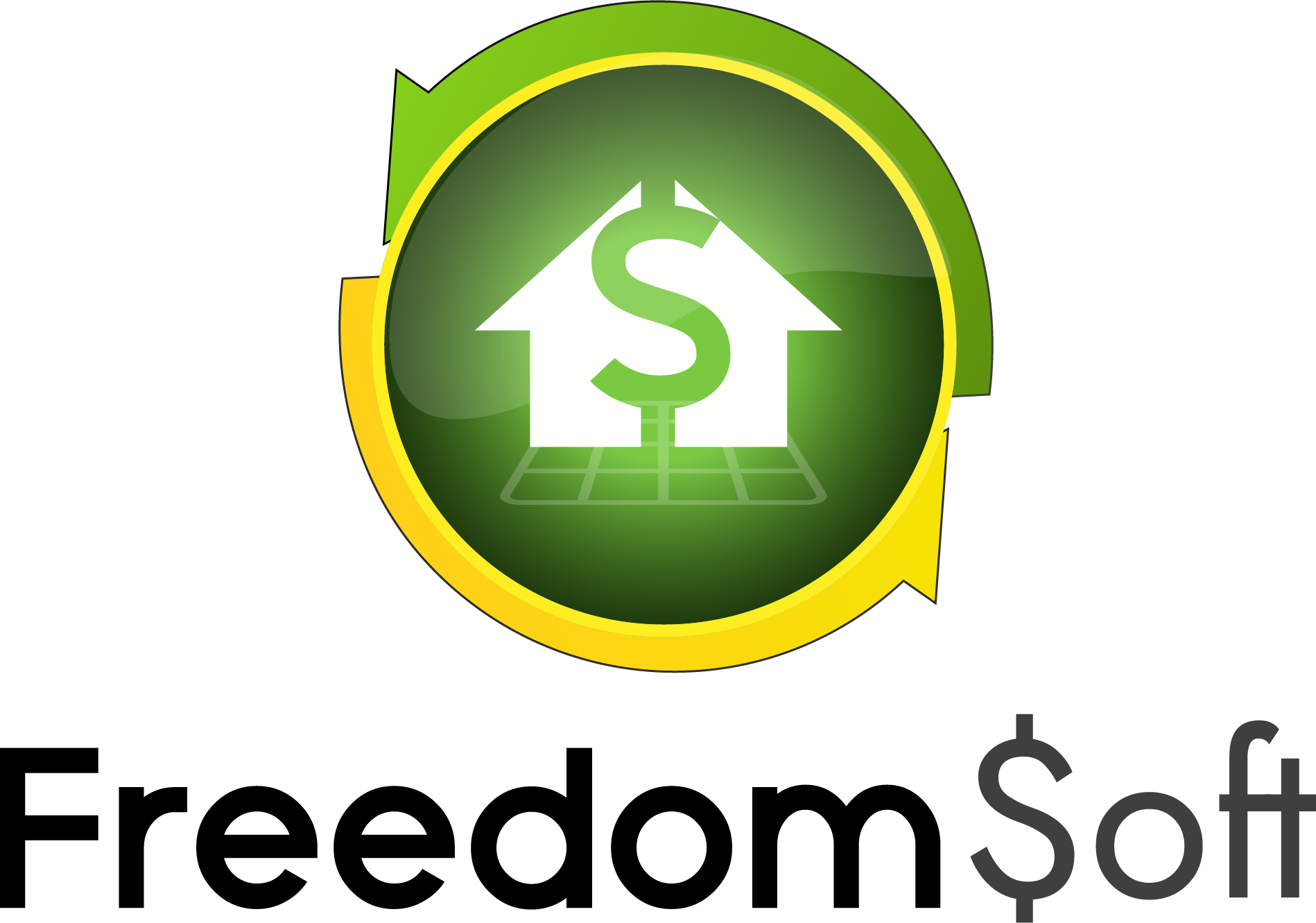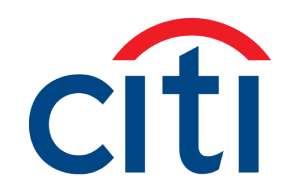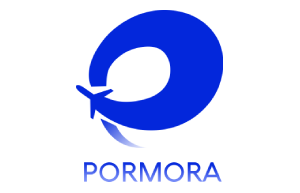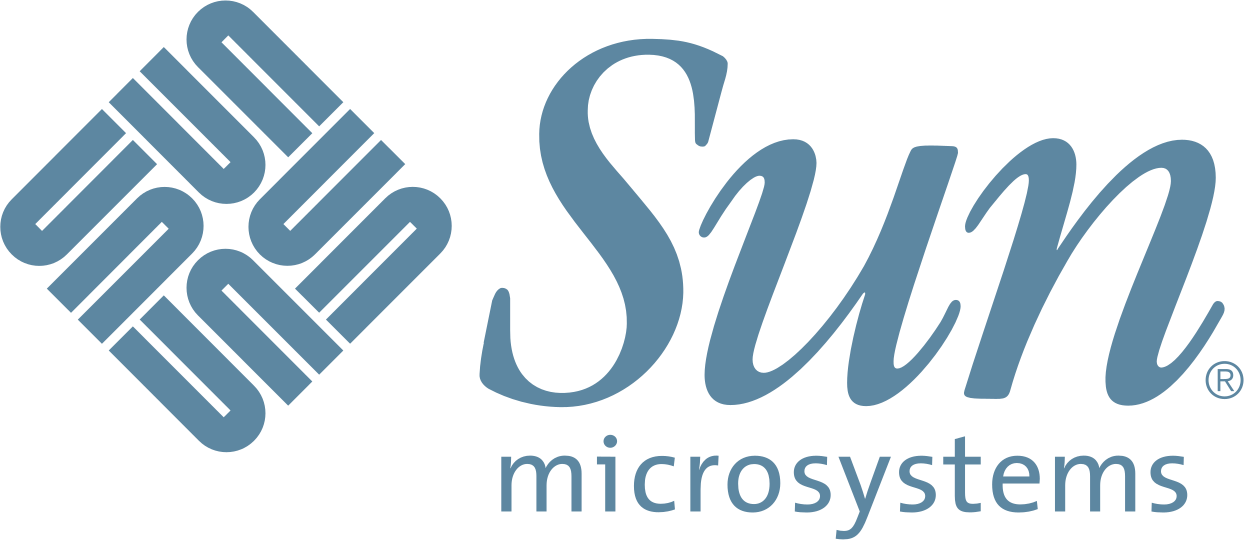Are you considering using WordPress as your content management system (CMS)? With over 40% of websites worldwide powered by WordPress, there’s no denying its popularity. But is it the right choice for your website? In this blog post, we’ll explore the pros and cons of using WordPress as your CMS so you can make an informed decision. From easy customization to potential security risks, let’s dive into what makes WordPress a great option and where it falls short.
Introduction to WordPress CMS
WordPress is a popular content management system (CMS) that enables you to create a website or blog from scratch, or to improve an existing website. In this article, we will give an overview of the WordPress CMS, including its pros and cons.
Advantages of Using WordPress
There are a number of advantages to using WordPress as your content management system (CMS). Perhaps the most obvious benefit is that it is free to use. Additionally, WordPress is relatively easy to set up and use, even for those with no technical expertise. Once installed, it provides a user-friendly interface for creating and managing content.
Another advantage of WordPress is its flexibility. With a wide range of plugins and themes available, you can easily customize your site to suit your specific needs. This means that you can create a unique website that reflects your brand identity. WordPress is also search engine friendly, which can help to boost your site’s visibility in online search results.
Finally, because WordPress is such a popular CMS, there is a large community of users and developers who can provide support and assistance if you need it. In summary, WordPress offers many benefits that make it an attractive option for powering your website or blog.
Disadvantages of Using WordPress
There are a few disadvantages to using WordPress as your content management system. First, it can be challenging to find high-quality themes and plugins. Second, there is a learning curve associated with using WordPress, so it may take some time to get up to speed. Finally, because WordPress is so popular, it is often a target for hackers and other malicious actors.
Common Issues and Solutions for WordPress
WordPress is a content management system (CMS) that allows you to create a website or blog from scratch, or to improve an existing website. It is used by millions of people around the world, and is one of the most popular CMS options available.
However, like any other software, WordPress has its share of common issues. In this article, we will take a look at some of the most common WordPress issues and their solutions.
One common issue with WordPress is slow loading times. This can be caused by several factors, such as large image files, poorly-coded plugins or themes, and excessive use of CPU resources. There are several ways to speed up your WordPress site, including using a caching plugin, optimizing your images, and using a content delivery network (CDN).
Another common issue is security vulnerabilities. WordPress is a target for hackers because it is so popular. However, there are steps you can take to secure your WordPress site, including keeping your software up to date, using strong passwords, and installing a security plugin.
If you’re having trouble with your WordPress site, there are many resources available to help you troubleshoot the issue. The official WordPress support forums are a good place to start, as well as the support forums for your theme or plugins. You can also search for solutions on Google or other search engines.
Best Practices for a WordPress Site
If you’re using WordPress as your CMS, there are a few best practices to keep in mind. First, always update to the latest version of WordPress. This will ensure that you have the latest security patches and new features. Second, use a child theme if you plan on making any changes to your site’s code. This will prevent your customizations from being lost if you update your theme. Finally, be sure to backup your site regularly. This way, if anything goes wrong, you can restore your site to a previous version.
Alternatives to WordPress
There are many alternatives to WordPress available, each with its own set of pros and cons. Here are some of the most popular alternatives:
Joomla: Joomla is a great alternative to WordPress if you need more control over your website’s design and layout. However, it can be more difficult to use than WordPress and lacks some of the features that make WordPress so popular.
Drupal: Drupal is another popular alternative to WordPress that offers more control over website design and layout. However, it can be difficult to use and is not as user-friendly as WordPress.
Squarespace: Squarespace is a popular alternative to WordPress for those who want an easy-to-use platform with beautiful designs. However, it is more expensive than WordPress and doesn’t offer as much customization or flexibility.
Weebly: Weebly is another easy-to-use platform that offers beautiful designs and plenty of customization options. However, it is not as widely used as WordPress and doesn’t have as many plugins or themes available.
Conclusion
In conclusion, WordPress is a powerful and versatile content management system that can be used to create amazing websites. It has its advantages and disadvantages, but overall it is a great choice for anyone looking to start or manage their website. With its easy-to-learn interface, vast selection of plugins and themes, as well as its support from the community, it’s no wonder why so many people choose WordPress as their CMS of choice. So if you’re looking for an effective way to manage your website with minimal effort, then WordPress might just be the right tool for you!






